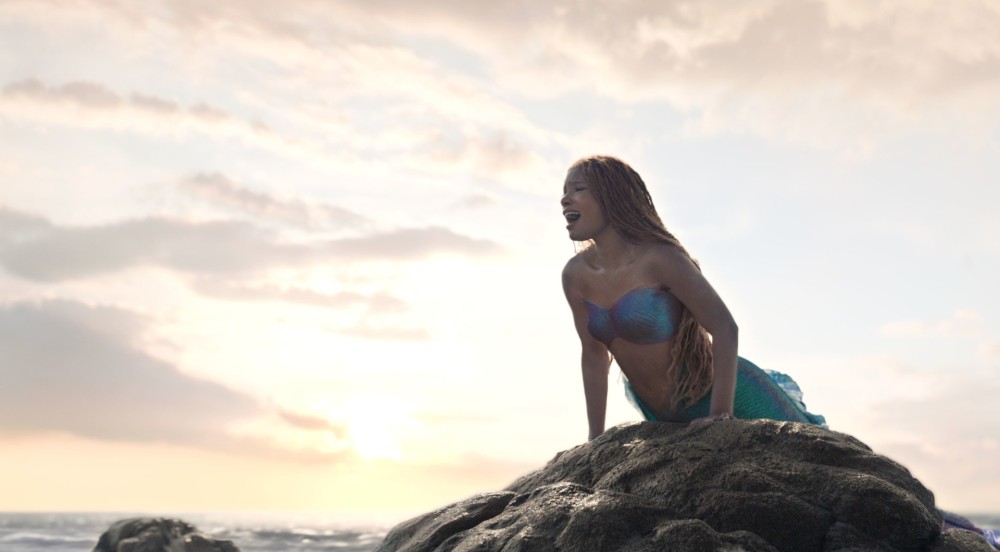In This Issue
Since 1937 and the introduction of Snow White and the Seven Dwarves, Disney princesses have set a particular standard about the way that women, especially American women, should show up in the world. Although many appreciated the daintiness shown on-screen with the earliest princesses— Snow White, Cinderella and Sleeping Beauty—over time, the identity of the princesses began to shift. This shift particularly began with the 1989 film The Little Mermaid.
The story told of a daughter, who happens to be a mermaid, not only looking to break out of her father's shadow but discover the fullness of what life can be. Differing from the original fable, this young mermaid named Ariel sought to define her own destiny and was willing to do whatever it took to be granted the opportunity of self-exploration. This plot is why so many were thrilled to hear that Disney would be releasing a live-action version of this beloved movie.
Once the news broke that Halle Bailey would be starring as Ariel in this imaginative retelling, the Black community couldn't help but feel an immense sense of pride. It was extra special to know that the film's director viewed Bailey, a young Black actress and singer, so highly and only wanted to see her cast in this highly coveted role, despite the hate she received on social media. By casting Bailey as the role of Ariel, Black girls—both former and present—would be able to revel in an example of Black girl magic onscreen that is desperately needed.
Aside from the universal societal themes expressed within the film, this new Disney iteration is both a direct and indirect tribute to inspiring joy for Black girls worldwide. For generations, Black women and girls have had to fight for proper visibility and inclusion within so many mediums, especially in popular culture. While this role may seem insignificant to different groups of people, it is a reminder that all Black girls are worthy of being seen—even in the portrayal of fictitious characters.
Since the first teaser for The Little Mermaid came out, little Black children and their mamas are rejoicing at the marvelous sight of Bailey singing "Part of Your World" and donning gorgeous ginger locs and a majestic tail. These videos have given audiences the feels and rightfully so. Because Black kids are immensely more aware of the way they present in society at a younger age than other races do, seeing a timeless animated classic come to life in a way that looks like them does wonders for their spirit. It's safe to say that Bailey's Ariel Barbie doll will be hard to keep in stock at the stores.
Black girls are more than the disdain and challenges that are often placed upon them involuntarily. Seeing one of our own—a bold, Black young woman—be excellent while swimming in deep blue waters ( a whole other thread to unpack for another day) is a gift. A gift that many reflected in her existence are equivocally deserving of bearing witness to.





![Hailey Bailey Cover[1]](https://www.ebony.com/wp-content/uploads/2023/05/02/Hailey-Bailey-Cover1-235x144.jpg?t=1683115803)












